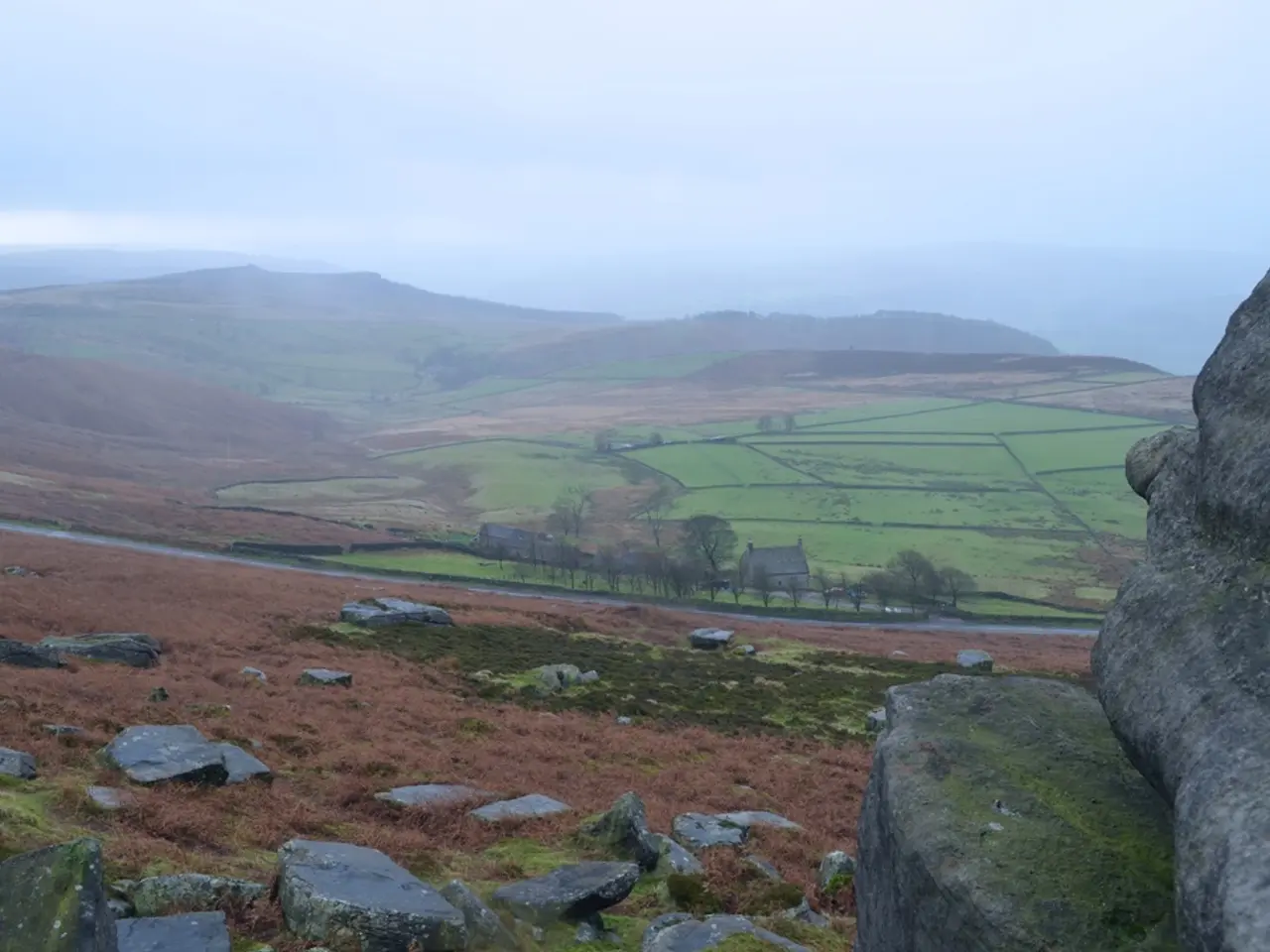Shuar Tribe's Reactions to Climate Crisis and Deterioration of Environment in Ecuador
In the heart of Ecuador's Amazon Basin, the Shuar community of San Luis Ininkis is fighting against the challenges posed by climate change. This community, located in the Morona Santiago province, is home to a rich culture steeped in tradition and a deep connection with nature.
Antonio Jimbicti, a teacher in San Luis Ininkis, is one of the community members leading this fight. The Shuar people, spread over a vast territory that encompasses parts of both Ecuador and Peru, have developed a deep knowledge of their forest, considering it their home and source of life.
Clareth Ankuash, a Shuar woman from San Luis Ininkis, is another key figure in this battle. Six years ago, she initiated the Iwiakma Araatá (Seed Life) nursery, which covers about half a hectare and houses over 100 plants in different stages of growth. These plants include guayusa, aguarico, cedar, chonta, sangre de dragón, and copal, each with unique uses and benefits.
The nursery allows the community to recover their forest and culture. Each plant placed in the earth is a piece of their history and what they want to leave to their children. The seedlings are transplanted to degraded areas, including those affected by logging or vegetation loss, and are also given to families for integration into their chacras or gardens.
The chacra, a traditional agroforestry system used by Amazonian Indigenous peoples, promotes food security and has a positive impact on the environment. It helps capture carbon emissions by storing them in ecologically healthy soils, contributing to mitigating the effects of climate change.
Recent studies, such as the 2024 study by scientists working in South America and Europe, have detected significant changes in rainfall patterns in the Ecuadorian Amazon. Shuar communities in Morona Santiago are integrating modern technologies into their traditional practices to combat climate change and protect their territory.
Santiago Yankura, the Shuar community leader of San Luis Ininkis, emphasizes that climate change is a daily reality for them, but with their hands and knowledge, they are sowing a better future. The efforts of the Shuar community in San Luis Ininkis have been recognized by international organizations like the Food and Agriculture Organization of the UN for their key role in addressing climate change.
The Iwiakma Araatá nursery is dedicated to the cultivation and conservation of native plants essential to the Shuar ecosystem and culture. The Shuar culture is rich in tradition and cosmogony, based on a deep connection with nature. The Shuar community believes that their efforts in combating climate change through their ancestral practices are key to addressing climate change, and San Luis Ininkis serves as an example of what can be achieved by combining ancestral knowledge with modern tools in addressing environmental challenges.








